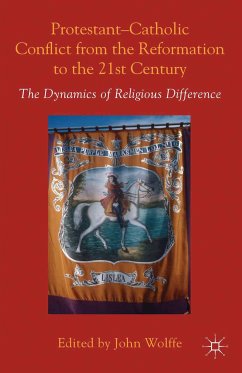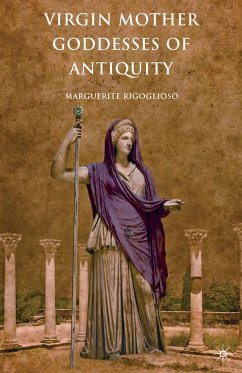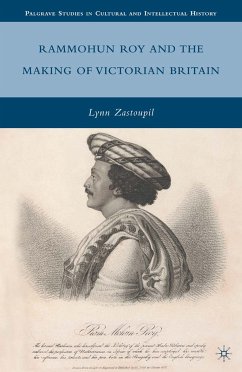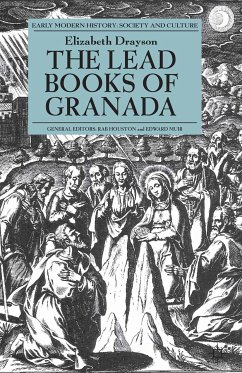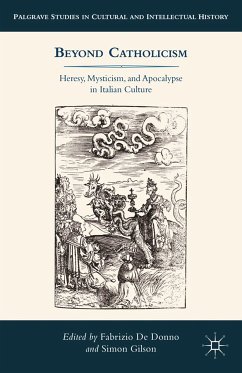
Charms and Charming in Europe (eBook, PDF)
Versandkostenfrei!
Sofort per Download lieferbar
40,95 €
inkl. MwSt.
Weitere Ausgaben:

PAYBACK Punkte
20 °P sammeln!
Historical records of charms, the verbal element of vernacular magic, date back at least as far as the late middle ages, and charming has continued to be practiced until recently in most parts of Europe. And yet, the topic has received only scattered scholarly attention to date. By bringing together many of the leading authorities on charms and charming from Europe and North America, this book aims to rectify this neglect, and by presenting discussions covering a variety of periods and of locations - from Finland to France, and from Hungary to England - it forms an essential reader on the topi...
Historical records of charms, the verbal element of vernacular magic, date back at least as far as the late middle ages, and charming has continued to be practiced until recently in most parts of Europe. And yet, the topic has received only scattered scholarly attention to date. By bringing together many of the leading authorities on charms and charming from Europe and North America, this book aims to rectify this neglect, and by presenting discussions covering a variety of periods and of locations - from Finland to France, and from Hungary to England - it forms an essential reader on the topic.
Dieser Download kann aus rechtlichen Gründen nur mit Rechnungsadresse in A, B, BG, CY, CZ, D, DK, EW, E, FIN, F, GR, HR, H, IRL, I, LT, L, LR, M, NL, PL, P, R, S, SLO, SK ausgeliefert werden.



